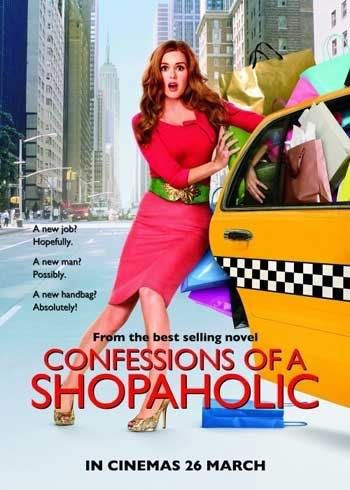The main theorists we looked at were: Walter Benjamin, Theodor Adorno, Max Horkheimer and Jurgen Habermas.
My task for this week is to construct a Frankfurt School critique of a culture industry.
The industry I’ve chosen is that of online celebrity gossip such as: Perez Hilton, Mr Paparazzi and TMZ.
This industry would be a concern to the Frankfurt School as it epitomises all of
their shared concerns for society and culture:
- Mass Production - most of the stories featured are reproduced; mainly as they're all from the same sources and the sites tend to copy off one another. As Horkheimer would say it has 'the same stamp on everything'.
- Culture Industry - this form of 'culture' is very negative to the Frankfurt School.
- Mass Oppression - the position of those featured in these websites is a frequent reminder of our positions in the superstructure and how they will not change. The mass production of the stories also supports this and highlights this fact even more. To readers the view is that only the elite are allowed to appear on these websites.
Online celebrity gossip websites do not contain the social needs which Habermas states are importnat to a cultural society. These are aesthetic, theraputic and explicative discourses: that focus upon the importance of the curator and critic; self knowledge and the use of language. The language used in the gossip websites is very informal; with many posts simply being a question and a large image or video. Not that cultrual if you ask me.
These online gossip websites are extremely standardised in their relationship to the industry; as they form the basis for many celebrity magazines and all place high importance on embaressing images of celebrities and scandals. The style of the websites is that of a tabloid newspaper.
Pseudo Individualization is also apparent in these celebrity gossip websites; as they all attempt to be individual; whilst they try to make there readers forget that what they are reading they have read before. Perez Hilton does this by grafitting the images on his website; TMZ create their own videos and Mr Paparazzi man uses his own 'Paps'. However, this still does not take away from the fact that what we are reading is regurgitated.


